My experience in Geneva is, in many ways, mixed. As much as being here relates to a long-standing personal project, the timing couldn’t be more sensitive. Coming from Brazil and having been legally educated under a critical perspective on international law, and while aspiring to become a scholar in the Global South, the opportunity to study in one of the most prestigious LL.M. programmes in International Law has revealed several ambiguities.
Over the past six years, I have dedicated my life to research, either as a Research Assistant or by trying to develop my own research agenda. Nonetheless, as graduation from my Bachelor of Laws approached, I questioned whether all those years of academic focus had limited my exploration of other possibilities within the legal field. My deep interest in the inequalities embedded in investment and trade regimes ultimately set me on a path that led me here.
Beyond critically engaging with the system, I wanted to understand how international economic law is practised in real terms. However, upon arrival, the ongoing crisis in global governance prompted me to reassess the role of international economic law itself. The recent developments in the trade war, the paralysis of the Appellate Body at the World Trade Organisation, and the role of investment law post-COVID-19 have posed serious threats not only to how international law is practised but also to how it is taught.
Are international economic law regimes designed for the dominance of a few over others, or is there more than meets the eye?
Had I been asked this question a few months ago, I would have had a ready answer. There’s a clear pattern of exploitation from countries in the Global North toward those in the Global South, operating under international legal frameworks. This is evident in trade deficits sustained by trade agreements or in investment arbitration awards that interpret treaties in ways that privilege corporations over states, thereby reproducing existing inequalities.
Nonetheless, my studies at the Graduate Institute have made me reassess some of these rooted assumptions. While I do not deny the persistence of global inequalities, Geneva has shown me another side of the coin. As much as imbalance exists, there is still space for negotiation, resistance, and agency. This is a place where states can leverage their resources (not always financial) to strike a balance between international commitments and domestic agendas.
I could only see this more clearly because of the opportunity granted by the Graduate Institute, but why?
Here, international law is not only studied but also experienced. Learning at the Graduate Institute is more than an academic endeavour. In the hallways of the Institute, professors are not the only ones engaged in teaching. There is a vibrant community grappling with questions of international law, often in conversation with the very institutions shaping the global order next door. This engagement takes many forms, whether in classrooms, guest lectures, legal clinics with beneficiaries, or late-night roundtables with friends in Picciotto Residence or Grand Morillon.
The LL.M. experience has been more than content-based. I’ve learned lessons not found in any traditional international law syllabus. Through the workshops, I’ve become more conscious of self-presentation, how to structure my CV, approach ethical challenges in professional settings, and manage my own expectations.
Geneva has a lot to offer, but also a lot to take. The intense workload and the compressed, one-year structure of the program constantly push me to think: what comes next? That’s a necessary, though far from easy, question. As mentioned earlier, I arrived at a particularly sensitive moment. The ongoing crisis in multilateralism casts doubt on the legitimacy of the United Nations. Opportunities to work with UN agencies or international NGOs are increasingly limited due to budgetary constraints, creating additional challenges for young professionals and aspiring scholars.
Nonetheless, the city and the Institute have shown me that international law is far more adaptable than I had imagined. It is not a monolith but a contested and evolving field. Despite its shortcomings, there are spaces, sometimes narrow but real, for critique, negotiation, and meaningful contribution. Geneva did not dilute my critical perspective but helped refine it through engagement. This experience has reminded me that change in international law may be slow and fragmented, but it is not impossible, and it begins in places like this.
By Diego Flávio Fontoura José, LL.M. in International Law student
More information about the programme on executive.graduateinstitute.ch/llm

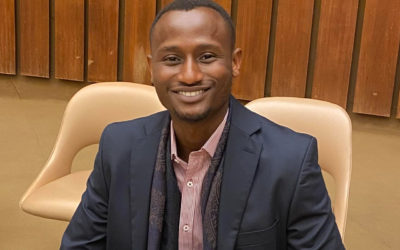
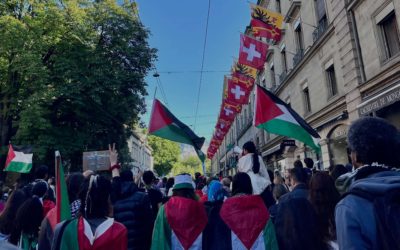
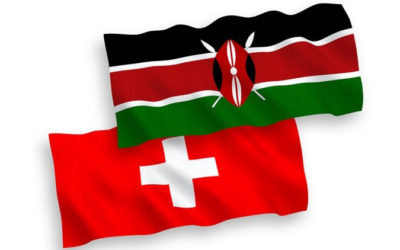
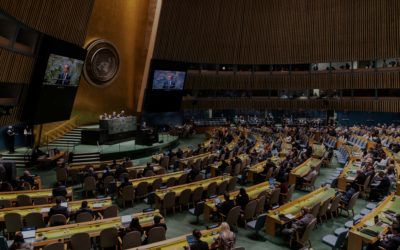
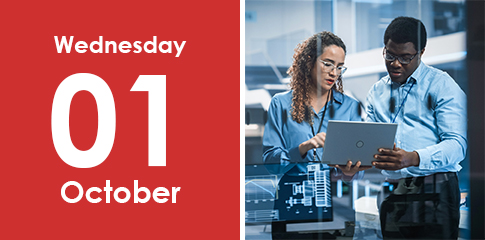



0 Comments